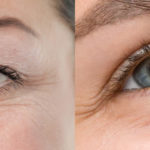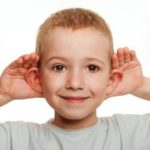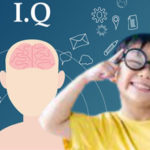People in East Asia often look at hair whirls to determine a person’s fortune. Generally, we have one hair whirl in the middle of our head. So what does a hair whirl have to do with a child’s intelligence?
A hair whirl is where the hair grows in a circular pattern. Usually, we have one hair whirl on the crown of our head and it goes clockwise. But in reality, some people have 2-3 hair whirls, or even a hair whirl on their forehead instead of the crown, or a hair whirl that goes counterclockwise.
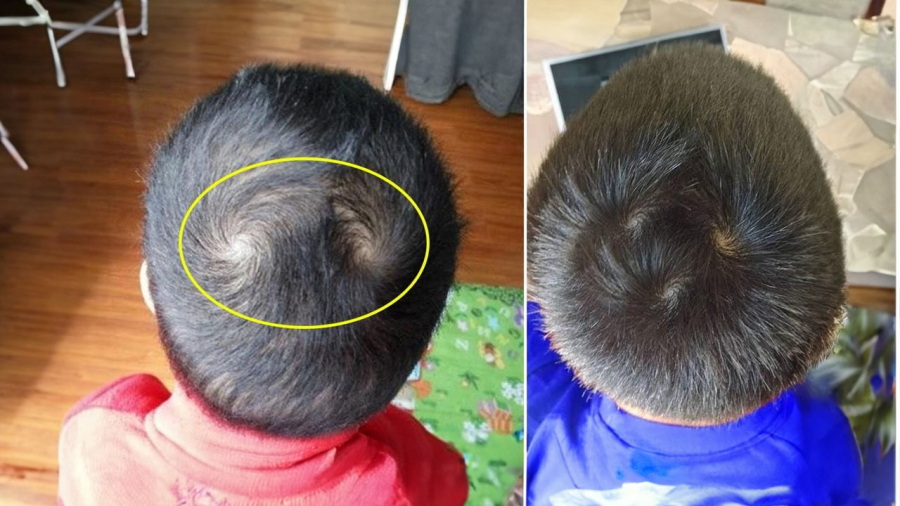
A survey conducted in the US on 200 students from top universities showed that out of 110 students with hair whirls, 43 had left whirls, 41 had right whirls, 4 had double whirls, and 2 had multiple hair whirls. If both parents have 2 or more hair whirls, their child usually has around 3 to 4 hair whirls. In general, a child’s physical characteristics depend on the genetics of their parents. The number of hair whirls in a child is determined by 81% from the mother’s genes and 19% from the father’s genes.
However, hair whirls have no relation to a child’s personality or IQ. The number of hair whirls is randomly formed without any rules.
Scientists believe that a child’s IQ depends on various factors including genetic inheritance, educational environment, parenting, physical development, etc. According to science, the 5 most influential factors on a child’s intelligence are:

Parents’ physical health
Parents’ health is crucial for a child’s intellectual development, especially their mental and emotional health. When parents have stable emotions, their child’s life is safe and secure, which helps the child develop normally, have a tendency to be optimistic and positive, and therefore more intelligent.
Regular exercise
In general, children who enjoy sports have higher intelligence because during sports, they can concentrate more, have a more positive mindset, and have better physical development. Parents can take their child to participate in various sports such as aerobics, swimming, running, jumping rope, mountain climbing, etc. These activities are not only good for physical health but also for the mental health of the child.
Regular communication between parents and children
Starting from a young age, communication between parents and children helps stimulate brain activity in children. Conversations between parents and children help children develop language skills and better thinking. Communication between parents and children from an early age stimulates a child’s development.
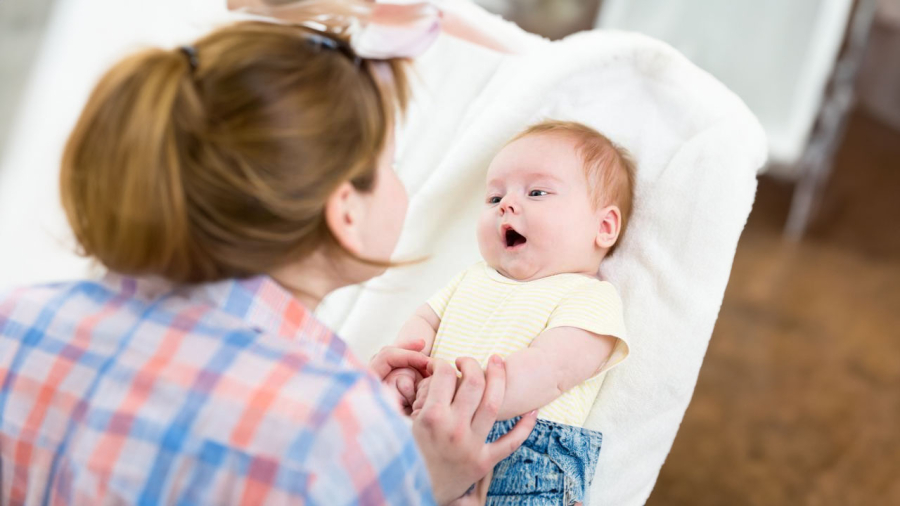
Enough sleep and early sleep
Sleep is very important for young children. Babies who get enough sleep and sleep at the right time will have increased growth hormone secretion. According to the analysis of data on human intellectual development during sleep and wakefulness, the speed of brain development during deep sleep is about 50% faster than when awake.
Parents’ age at marriage and childbirth
According to some surveys, children born to mothers younger than 23 years old have an IQ of approximately 103, while those born to mothers older than 28 could have an IQ as high as 109, and at the age of 29, the IQ is slightly lower, around 105. Therefore, some experts recommend having children between the ages of 24 and 29 for the best development of the child.
























